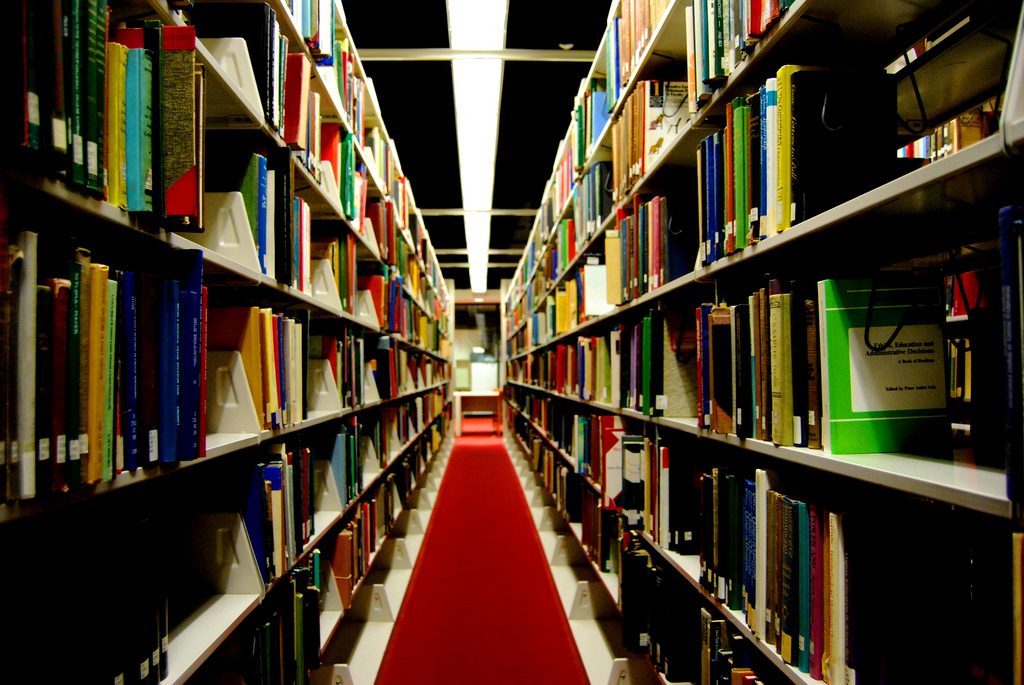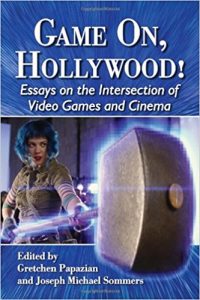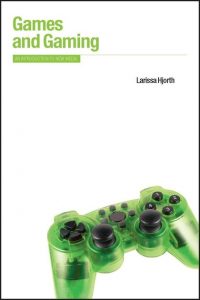
Source: Paul Lowry (Flickr) https://www.flickr.com/photos/paul_lowry/2266388742
Yesterday, journalist Marcus Banks published the provocatively titled “Ten Reasons Libraries Are Still Better Than the Internet” for American Libraries. As he states in his opening line, you’ve probably heard some form of this argument before: “Thanks to the internet, we no longer need libraries or librarians.” But is there any truth to that statement? After all, information abounds on the internet—information that previously you often had to seek out in a library.
As you probably know if you’ve been been a student in one of our instruction sessions, you can’t find everything on the internet. The full text of many academic articles is shrouded behind paywalls; copyright laws prevent you from reading more than a few pages of a book on Google Books; and complex search-engine algorithms bury the piece of information you need on the fifth (or in some cases, fiftieth) page of search results where you won’t see it. Don’t get us wrong; we love the internet. At The Ames Library, however, you never have to pay for the book, article, or e-resource that you need.
Librarians at Ames are also on hand to assist you with points #7 and #8 in Banks’ essay:
7. Librarians can help you sort the real news from the fake. While a plethora of useful, accurate, and engaging content is available online, the web is filled with inaccurate and misleading information. “Click bait” headlines get you to click on the content even if the underlying information is superficial or inaccurate. Misinformation is the spread of deliberate falsehoods or inflammatory content online, such as the Russian-backed ads placed on social media during the 2016 US presidential election. Librarianship has always been about providing objective, accurate, and engaging information that meets the needs of a particular person. This has not changed, and it is why librarians are experts in information literacy.
8. Librarians guide you to exactly what you need. Google is an impressive search engine, but its results can be overwhelming, and many people do not know to filter them by content type (such as .pdf) or website source (such as .gov). Google offers many search tips, which are useful but generic. A conversation with a librarian can clarify exactly what you are looking for and figure out the best way to use Google—or many other resources—to find it.
To learn more about why libraries and librarians are more important than ever, check out the rest of Banks’ article here—or stop by The Ames Library and talk to one of our subject librarians about how to get the information you need to be successful in your classes, grad-school application, and beyond!




